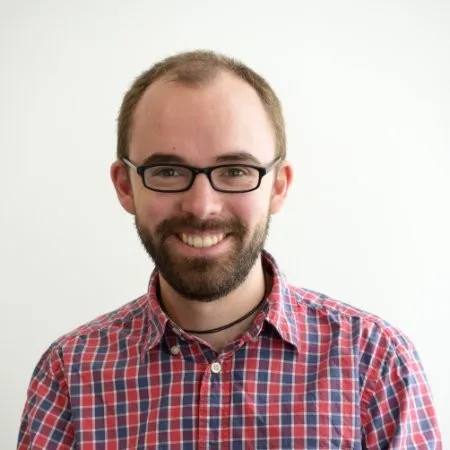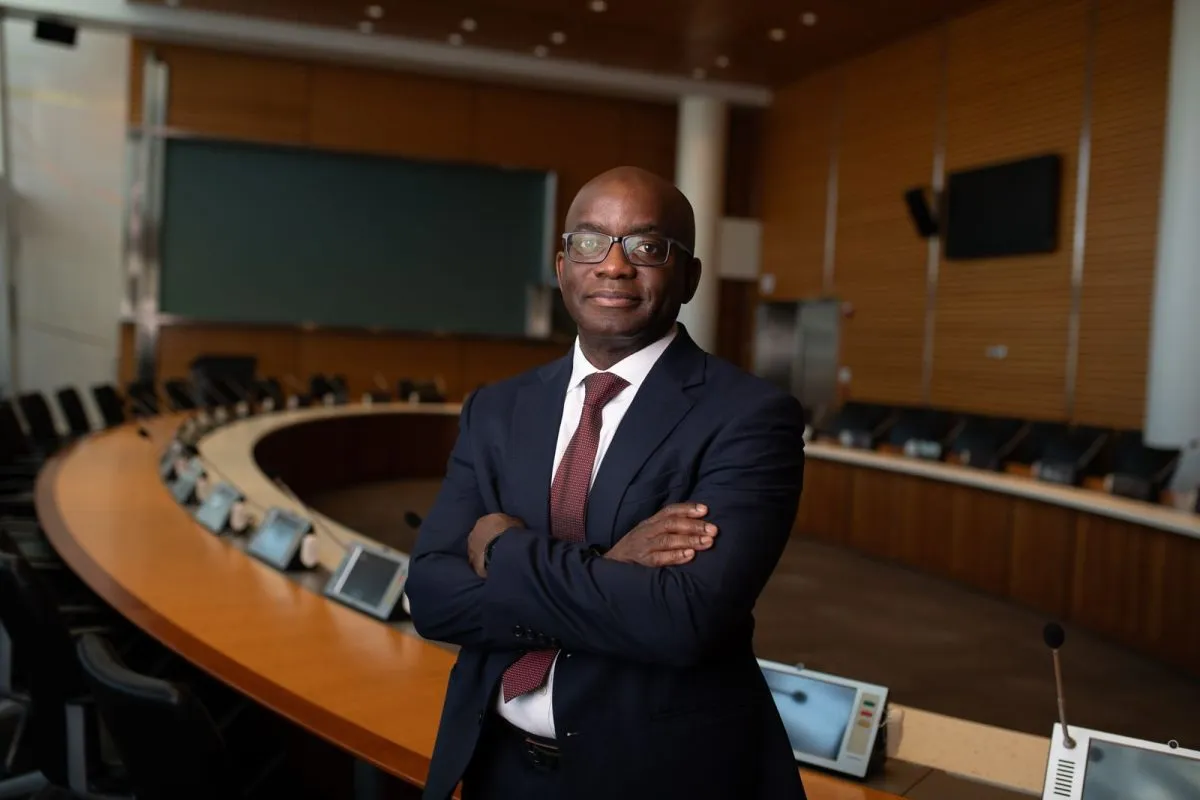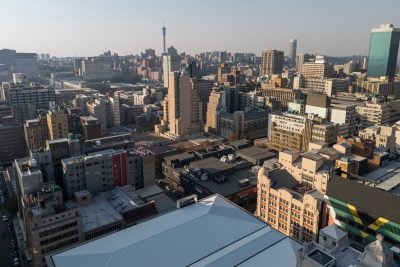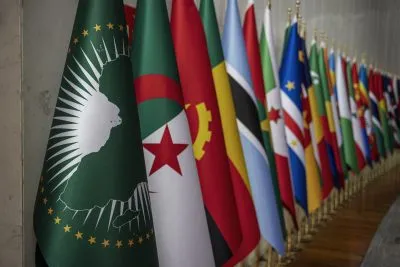As the campaign to lead the African Development Bank gathers pace, one of the candidates, Samuel Maimbo, tells African Business that the continent is “being left behind” and needs reforms to achieve rapid and sustained growth.
“My number one reason for running for the African Development Bank presidency is it will give me the platform to work on the last mile problem we have in development,” says the Zambian national, who has spent more than twenty years working in senior roles at the World Bank.
Akinwumi Adesina’s successor as AfDB president will be chosen on 29 May at a meeting of the Bank’s board of governors. The board is made up of representatives of the 54 African countries plus the 27 non-African countries that are shareholders in the Bank.
Maimbo is basing his campaign on the need for a step change in the pace of economic development on the continent.
“I do worry that we know we no longer have the same levels of ambition for Africa that we had for Europe in the aftermath of World War II,” he says. “Where is Africa’s Marshall Plan?”
‘Spend less time in donor reviews’
One of Maimbo’s core arguments is that develop efforts in Africa need to be more streamlined so that resources can be focused on achieving results, rather than on satisfying donor demands for oversight.
“When you have 200 aid agencies, each one of them asking for the minister’s time, even before you worry about any resources being misused, you’ve already occupied a significant amount of time.”
Maimbo argues that the AfDB needs to play a coordinating role to help streamline funding, while satisfying donors that resources are well spent.
“This can be done, and I have no doubt about it, because there are examples where this has been done successfully, and we’ve seen economies grow significantly.”
As evidence that streamlining is possible, he points to his most recent role as vice-president of budget, performance review and strategic planning at the World Bank.
“We used to have a budget process that was nine months. We had a budget document that was over 200 pages,” he says. “We managed to reduce that to three months with a 30-page document.”
But what about donor government that need to justify to taxpayers that aid is being well spent? Maimbo says the conversation is “less challenging” than many might assume.
“What politicians, in my view, in my experience, care for are the results,” he says. If the AfDB can show that it is able to coordinate development spending so that results are maximised, he argues, then donor governments will ultimately be willing to accept a less hands-on role in overseeing spending.
Donor picture uncertain in Trump era
The next AfDB president will face a complicated international environment. The future of US engagement on the continent is uncertain after the Trump administration suspended almost all aid spending immediately after taking office.
“The decision by the new administration to suspend aid is naturally concerning,” says Maimbo.
But while he praises the role US development assistance has played in recent years, he points out that Trump’s decision is “a timely reminder for Africans and the continent that we need to diversify our sources of financing across the globe.”
This also means looking beyond aid.
“Oftentimes we get stuck on the issue of aid,” he says. “There is an even bigger requirement to get the private sector, especially the domestic private sector, invested in Africa’s growth and potential.”
This will involve greater regional integration, Maimbo believes.
“There is no single country in Africa that is too small to matter, but every single African market is too small to thrive on its own,” he says. Describing regional integration as a “necessity for growth”, Maimbo stresses his support for the African Continental Free Trade Area, but says that Africa “could do better” in bringing it to life.
“Everybody agrees that we could scale up the pace of implementation.”
Maimbo’s campaign has been complicated by a split among southern African governments. Although he has been endorsed by the Southern African Development Community, South Africa refused to align with SADC’s choice and is instead backing its own candidate, Bajabulile Swazi Tshabalala, a former AfDB senior vice president.
Nevertheless, Maimbo insists he is “very confident” about his chances, arguing that African governments are “excited” about working with a leader who can draw on significant experience earned at the World Bank.
“There is a lot of hunger for change,” he says. “The feedback I’ve been getting right across the continent has been positive.”
Want to continue reading? Subscribe today.
You've read all your free articles for this month! Subscribe now to enjoy full access to our content.
Digital Monthly
£8.00 / month
Receive full unlimited access to our articles, opinions, podcasts and more.
Digital Yearly
£70.00 / year
Our best value offer - save £26 and gain access to all of our digital content for an entire year!

 Sign in with Google
Sign in with Google 



